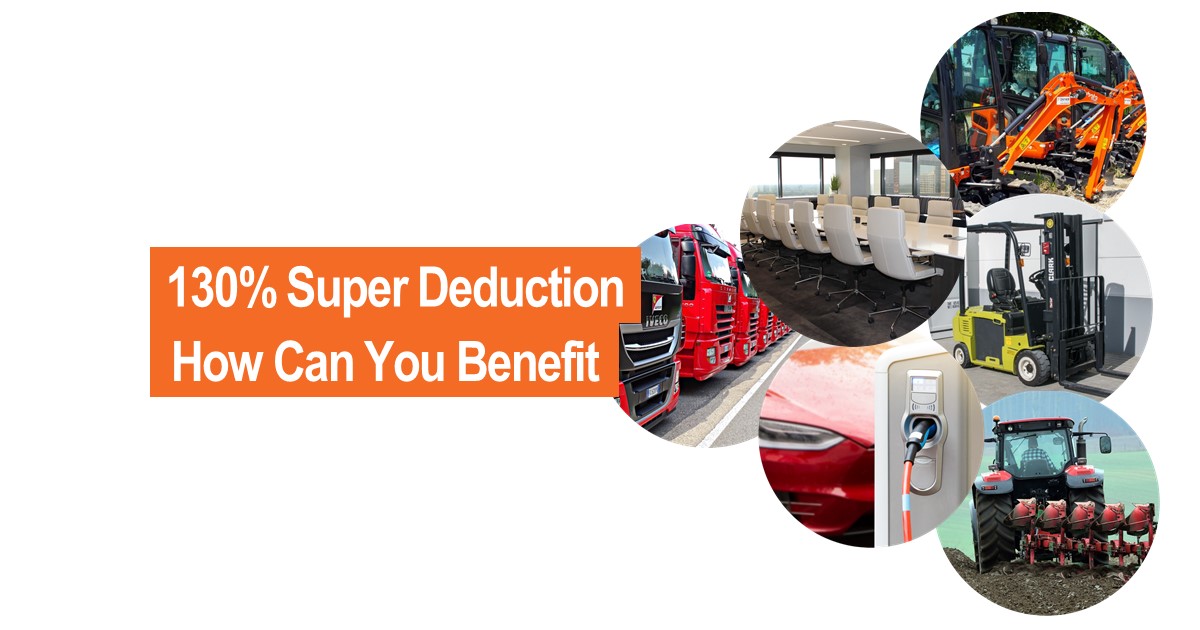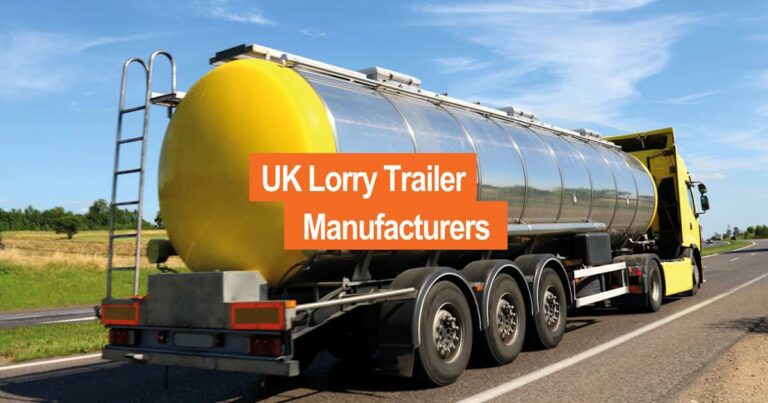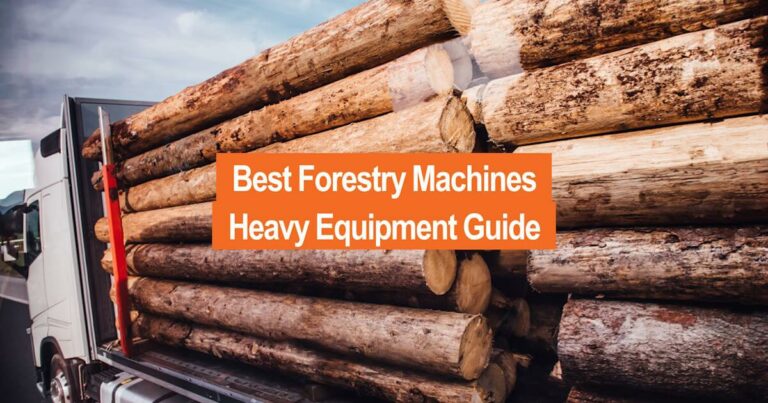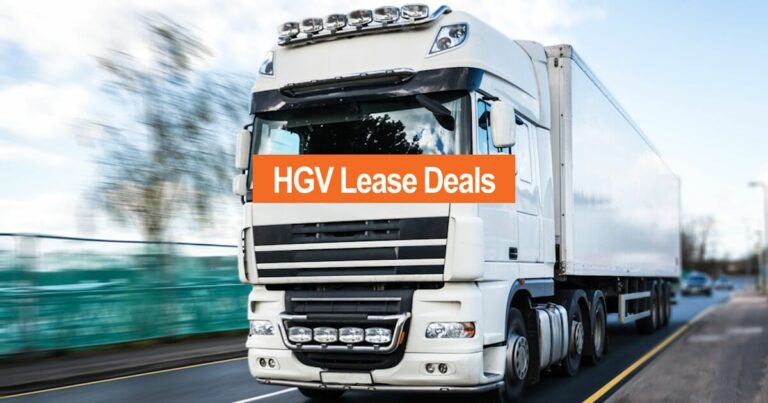In March of this year, the UK government introduced a new 130% tax deduction scheme. This new super-deduction scheme is possibly the most appealing capital allowance for British businesses in recent years.
The reason behind the new scheme is, of course, to help businesses recover from the impact of Covid-19.
The government is currently exploring ways to help UK businesses to recover, with economic performance now a top priority. The combined impact of Brexit and the global pandemic has left some companies struggling to future-proof their business and to invest for a more secure future.
But many company owners and finance teams are not aware of what the super-deduction allowance is – and don’t know how to take advantage of it!
We’ve broken down everything that you need to know.
What is the super-deduction tax allowance?
The super-deduction allowance is a specific tax incentive designed to encourage businesses to invest in new assets and equipment. The new scheme means that the purchase of any qualifying equipment for your business is considered tax-deductible. The new rate of 130% deduction means that you can pay less tax when calculating your annual corporation tax bill.
For two years, starting on 1st April 2021, any investment that you make in qualifying equipment can be deducted at 130% of the total amount.
The best part? If you can’t afford to buy assets outright, such as plant and machinery, you can still acquire assets using a hire-purchase agreement to qualify. So long as the asset eventually passes into the ownership of the business, you can deduct 130% of the total capital amount against tax bills.
For example, if a business invests £100,000 in new equipment this year, it can deduct £130,000 from taxable profits in year one.
Previously, similar investments would be written off at 18% over several years.
| Old System | New Super-Deduction System |
| – A company spends £10m on qualifying assets – Deducts £1m using the AIA in year 1, leaving £9m – Deducts £1.62m using WDAs at 18% – Deduction’s total £2.62m – and a tax saving of 19% x £2.62m = £497,800 | – The same company spends £10m on qualifying assets – Deducts £13m using the super-deduction in year 1 – Receives a tax saving of 19% x £13m = £2.47m |
The new super deduction allowance will continue until 31 March 2023.
What is a qualifying asset?
The important thing to note, is the scheme is only available for “qualifying” assets and equipment.
The 130% super deduction scheme covers a wide range of assets and equipment, but it doesn’t cover everything, so it is worth checking before investing.
According to the Government factsheet here, the following sample list of items qualify:
- Solar panels
- Computer equipment and servers
- Tractors, trucks, lorries, vans
- Ladders, drills, cranes
- Office chairs and desks
- Electric vehicle charge points
- Refrigeration units
- Compressors
- Foundry equipment
If you are looking for help in arranging finance to secure new qualifying equipment, please speak to the team at Evangate Financial Services.
Thankfully, for many of our clients in agriculture, forestry and construction industries – most machinery qualifies. We can help with everything from tractors, drills, feeding and planting equipment, to excavators, mini diggers, HGV’s and cranes.
However, certain items such as company cars for employees or second-hand equipment do not qualify. Likewise, companies that lease equipment to other businesses (such as plant hire) will need to double check, because purchasing leasing assets do not qualify.
If you are unsure what qualifies and what doesn’t, please speak with Evangate FS – we will be able to check for you.
It’s likely that most “qualifying” companies will be able to purchase an asset which can benefit from the 130% tax deduction scheme.
Who qualifies?
The new scheme only applies to businesses that pay corporation tax. Individuals, Partnerships or LLPs do not qualify.
The new super deduction capital allowance scheme also only applies to machinery bought after 1st April 2021 when the scheme was introduced.
Unfortunately, businesses cannot claim for the new 130% allowance retrospectively. This also caters for any anti-avoidance rules, where a prior contract before April 2021 is cancelled, then a new contract is arranged afterwards with the aim of securing the 130% deduction.
Why is it so beneficial?
To put it very simply, the super-deduction allowance helps you pay less tax and save more money.
A business will still need to make the upfront investment, but deducting 130% of the asset cost towards corporation tax instead of 100% could potentially save some businesses millions of pounds.
Another key feature of the allowance scheme is that its deductible in year one. During these challenging times with Covid, Brexit and high energy costs all playing their part, the deductions that the scheme offers might make an actual difference to businesses – and give them some breathing room to recover and to invest the savings for future growth.
Furthermore, because the scheme takes into account almost all type of machinery – green technology such as solar panels and wind turbines will allow businesses to invest in sustainable futures.
For farmers, new technology usually means a more efficient way of doing things, which in turn, results in greater yields, healthier crops, higher selling prices and increased profits. Investing wisely under the capital allowance scheme may help farmers even more in future years. One such area which is exploding in terms of popularity is vertical farming.
It’s the push many need to invest for a better future without worrying so much about upfront costs now.
If you are a farmer thinking about securing agricultural finance now to benefit from the scheme – please speak to us today. We will offer you the best rates from over 150 lenders.
How can you make the most of the super-deduction allowance?
Clearly, the new system is designed to encourage investment and growth over the next year to get the UK economy back on its feet.
The savings made at the end of the year can be hugely beneficial to most businesses, but only if you can afford to invest now. Having the cash to invest is the biggest challenge for many looking to take advantage of the current tax super deductions.
If you cannot afford to take cash out of your business to invest in equipment, it’s worth speaking to a financial broker. The new 130% deduction allowance takes loans and lease-purchase agreements into account. This allows businesses with very little available cash to benefit from the scheme.
It’s also worth noting that you don’t have to take part in the scheme straight away.
There’s no need to invest immediately. The scheme runs until April 2023, meaning that if you invest in new equipment during March 2023, you could still apply the 130% super-deduction at the end of that tax year.
The length of time that the scheme is available offers businesses time to refinance assets to release cash to invest in new equipment and to get the help from financial experts to do this – and still benefit from the scheme in two years’ time.
What else should you know about the 130% super deduction scheme?
Perhaps the biggest downside is if you sell the asset. If you sell or dispose the assets purchased under the scheme before the April 2023 deadline, there is a potential clawback that could see you repaying any saved tax.
The recommendation then is to only invest in new equipment if you are sure your business will retain the assets for at least two years. The scheme aims to promote long-term growth, not short-term divestment.
However, under a similar scheme referred to as the “SR allowance”, you can also benefit from a 50% first-year allowance for any machinery that would usually fall under the 6% primary pool tax rate.
This includes heating systems, ventilation, electric systems, and lifts which form part of a buildings integral assets. In the case of farmers, expanding their holdings or for new buildings – they can claim back 50%.
The government is also looking to ensure that businesses don’t benefit by entering into contracts with a known party to take advantage of the super-deduction. Second-hand assets are also excluded, so be careful what you are buying and from whom. This is designed to stop people from taking advantage of the scheme, so be prepared to promptly declare and document your purchases.
You also cannot claim back the tax super-deduction if you purchased the asset before 1st April 2021 but didn’t receive it until after that date. It’s about when you paid, not about when your business starting benefitting from the investment.
If you are unsure whether your investment or your business qualifies, it’s better to check with a financial expert, or you may end up spending more than you mean to. You should also speak to a professional about what happens if the deductible amount cannot be taken from profits. In the event of a loss, the entire deduction should be carried forward.
Start Benefitting From The 130% Deduction Today
Although the allowance will continue for the next two years, there’s no time like the present to get started.
Accessing investment capital can take some time to secure. You may need to redistribute existing assets or work with a specialist finance broker to get the most out of the allowance. Evangate FS have formed a team of specialist finance experts to help companies from all sectors to benefit from the scheme.
It’s also worth remembering that the primary rate of corporation tax will increase from 19% to 25% in 2023.
The 130% super-deduction allowance means you can make significant savings this year while investing in your business’s future.
In terms of support, this is one of the most significant tax incentives ever offered by the UK Government. If you need to invest and qualify for the scheme, now is the perfect time to take advantage of this incentive which is designed to help your business grow.
